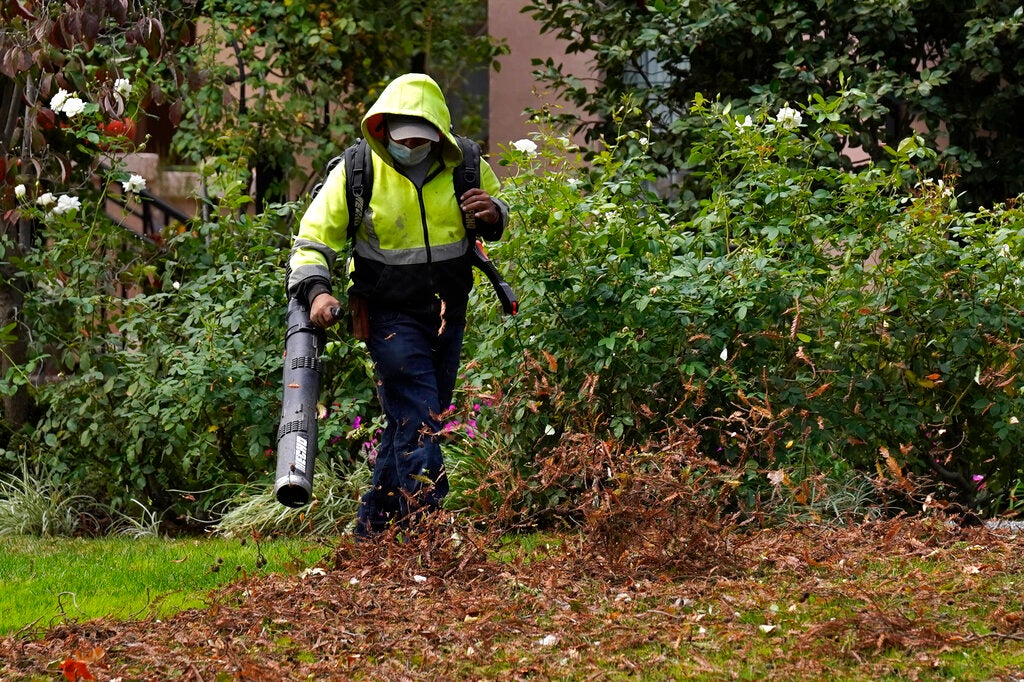Lead-safety bill passes Philly City Council, more ambitious companion measure stalled
Philadelphia councilwoman’s push for lead inspections in private-sector rental units begins with requiring the same on city property.

Councilwoman Blondell Reynolds Brown is shown in City Council chambers. (Nathaniel Hamilton for WHYY, file)
The city of Philadelphia will soon be required to have inspectors give many refurbished municipal buildings lead safety certifications.
The proposed regulation is part of a sweeping lead-safety legislative package introduced by Councilwoman Blondell Reynolds Brown last year. A bill requiring that municipal buildings built before 1978 be inspected passed the full Council Thursday.
Reynolds Brown said that the city is engaging in a flurry of renovation activity because of Mayor Jim Kenney’s Rebuild program, which is routing $500 million from the sweetened-beverage tax to rehabilitate parks, rec centers, and libraries.
“Knowing that the city was about to embark on Rebuild, we thought the opportunity was ripe,” said Reynolds Brown.
The most ambitious, and critiqued, bill in the legislative package remains stalled in the face of industry opposition. That measure would require that rental units built before 1978 be inspected regularly for lead dust — unless no children under 6 will be living in the unit. College dormitories and Philadelphia Housing Authority properties would also be exempted.
Reynolds Brown said the bill is an effort to demonstrate that she is acting in good faith and wants the city to be held to the same standards as private-sector landlords.
“We discovered that we, as a city, do not ensure our buildings are safe when they go through renovation,” said Reynolds Brown. “If [we want to] require the private sector to test and make sure their buildings are lead safe, why not the City of Philadelphia?”
Pennsylvania Apartment Association East and the Homeowners Association of Philadelphia, known as HAPCO, both oppose the idea, saying that such inspections could cost $200-$300 per unit and could prove prohibitive for multi-unit buildings. They also say that apartments could fail the test if the timing of an investigation is off: Realtors and potential tenants could track dust in if they come in before an inspector.
“It’s impossible to do — some people have hundreds of units, others thousands,” said Harvey Spear, HAPCO president. “And it’s impossible for the Department of Licenses and Inspections to inspect all these buildings. They don’t have all the manpower.”
Instead, Spear said, the city should concentrate its fire on unlicensed landlords, who often run the most unsafe apartments. It is these units that are the most likely to be riddled with lead paint, he said.
This more ambitious part of Councilwoman Reynolds Brown’s lead-safety agenda has yet to be brought before the full City Council for a vote, but it did pass out of the Committee on Public Health and Human Services.
Last year, City Council passed, and Mayor Jim Kenney signed, another bill that was part of the lead-safety legislative package, which was meant to make it easier for tenants and city officials to discern the individuals behind limited liability companies.
WHYY is your source for fact-based, in-depth journalism and information. As a nonprofit organization, we rely on financial support from readers like you. Please give today.




